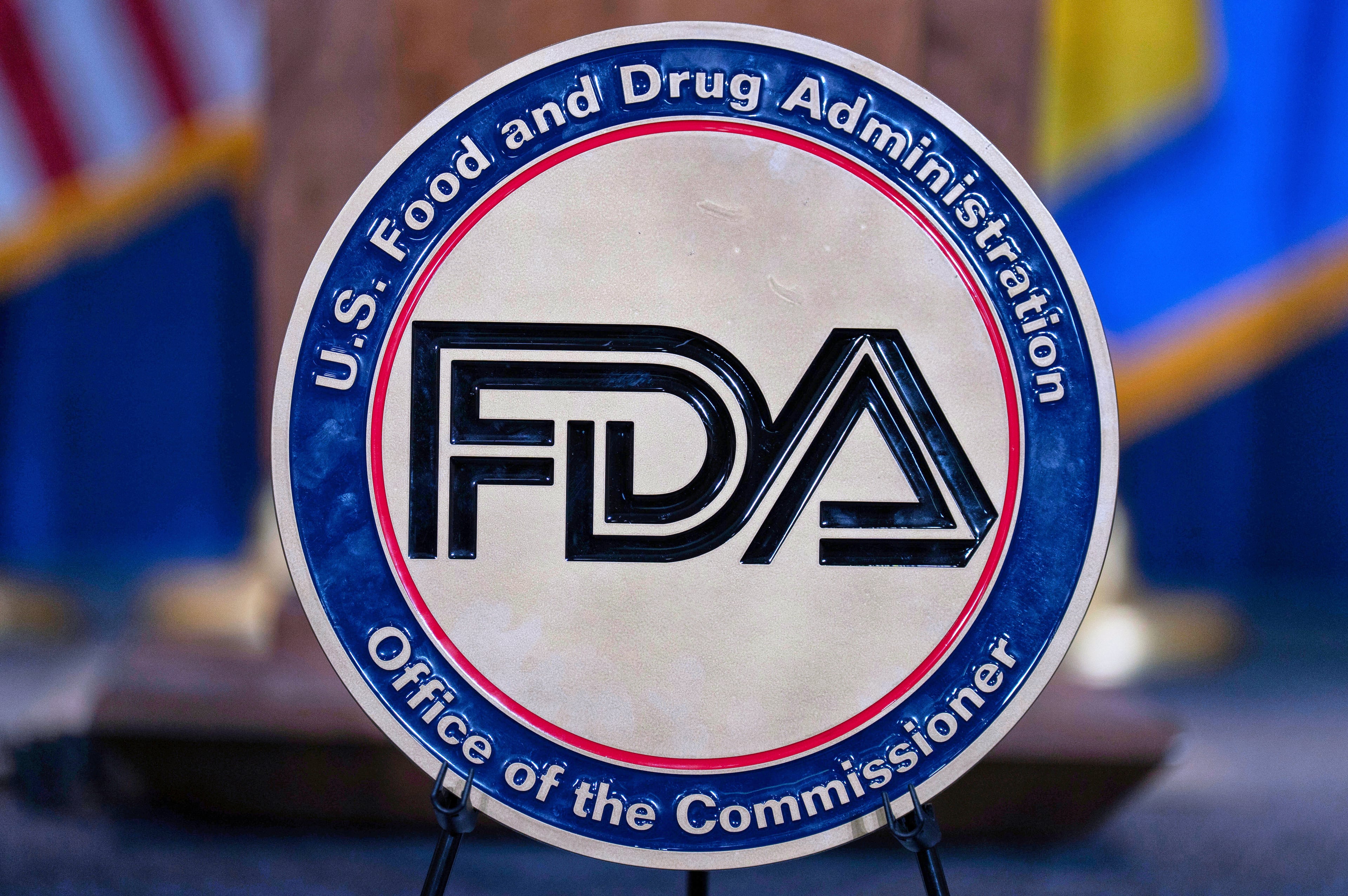Ate the whole bag of chips again? Gut germs might explain why
Stomach bacteria could play an important role in how much we eat, bringing new meaning to the phrase “gut decision.” A new study discovered bacteria from the proteobacteria family is plentiful in both people and mice with food addictions.
Published in the journal Gut, professor Elena Martin-Garcia — from the Laboratory of Neuropharmacology-NeuroPhar at Pompeu Fabra University’s Department of Medicine and Life Sciences in Barcelona, Spain — presented her international team’s findings at the Federation of European Neuroscience Societies Forum 2024.
“A number of factors contribute to food addiction, which is characterised by loss of control over food intake and is associated with obesity, other eating disorders and alterations in the composition of bacteria in the gut — the gut microbiome,” she said in a news release. “Until now, the mechanisms underlying this behavioural disorder were largely unknown.”
According to the National Eating Disorders Association, around 28.8 million Americans (nearly one-tenth of the U.S. population) will have an eating disorder at some point in their lives. A report from the Harvard T.H. Chan School of Public Health revealed eating disorders cost the country $64.7 billion annually and lead to 10,200 deaths each year, with someone dying every 52 minutes. The disorders can affect a person’s life at as young as 5 years old.
Not all gut bacteria are bad, however.
“The findings in both mice and humans suggested that specific microbiota could be protective in preventing food addiction,” Martin-Garcia said. “In particular, the strong similarities in the amount of Blautia underlined the potential beneficial effects of this particular gut bacteria.”
Knowing that, the international team went to work on discovering a treatment.
“Therefore, we investigated the protective effects of oral administration of lactulose and rhamnose, which are non-digestible carbohydrates known as ‘prebiotics’ that can increase the amount of Blautia in the gut,” she said. “We did this in mice and found that it led to an increase in the abundance of Blautia in mice faeces in parallel with dramatic improvements in food addiction.”
While more research it necessary, it’s another step forward for better understanding human gut health and how it affects our eating habits.



